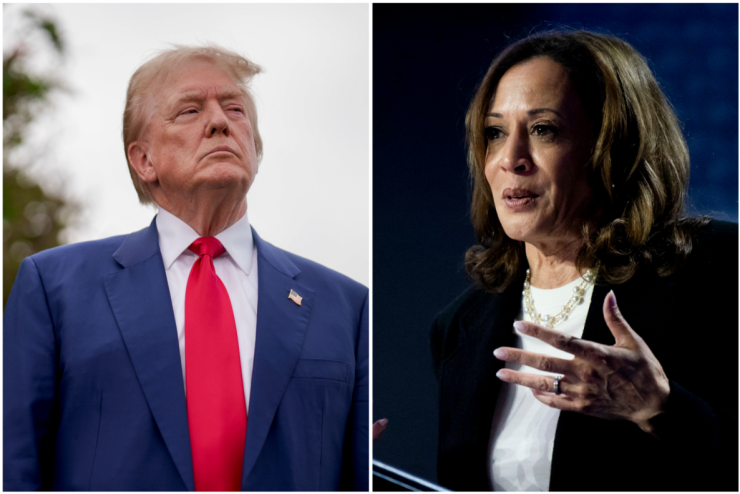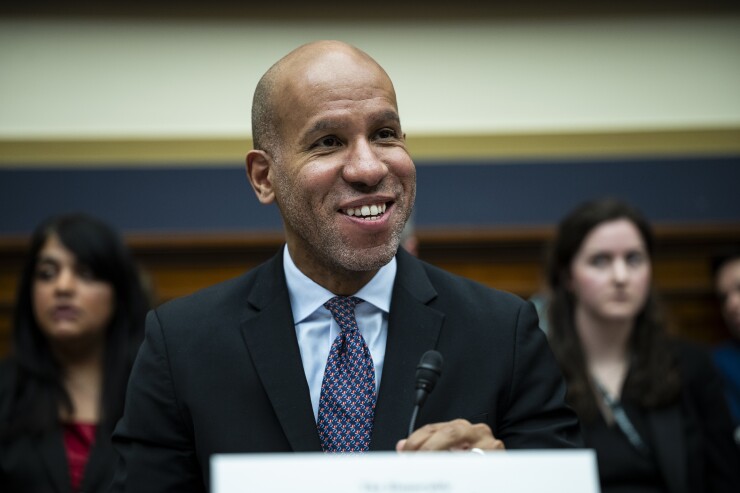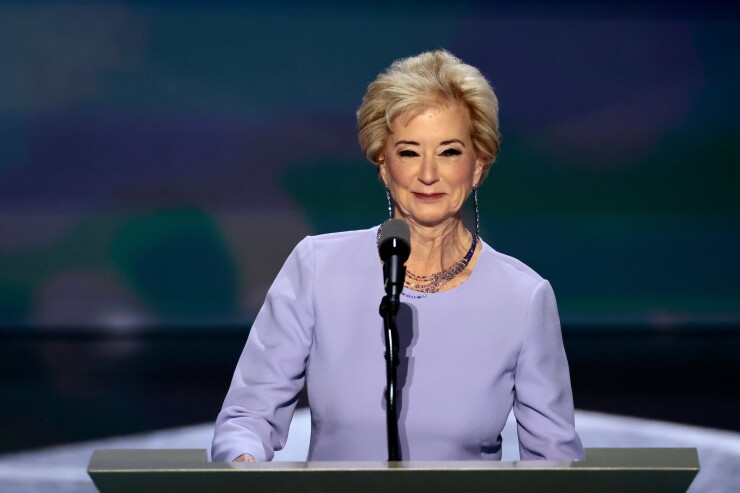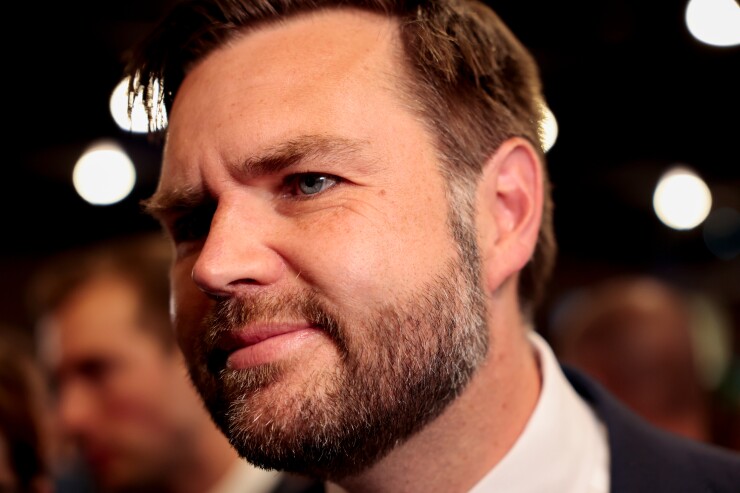
This is the first in a series of articles on the impact of the presidential election on financial services. Here's where to read
When the United States welcomes
For bank regulation, the election has been defined by an unusual degree of uncertainty. Former President Donald Trump is often difficult to pin down on specific policy points as he sways between different camps on issues. Vice President Kamala Harris is a latecomer to the campaign and has had little time to flesh out her vision in many niche policy areas.
"What's unique and challenging about this election is that both candidates are unclear as to what they'll do," said Aaron Klein, a senior fellow in Economic Studies at the Brookings Institution.
That's a shift, experts say, from previous election cycles where there were at least hints about what candidates wanted to focus on when it came to bank or financial policy, particularly after the 2008 financial crisis.
Candidates are even using Wall Street and corporate power as less of a punching bag than they normally do. In the last election, President Joe Biden name-checked so-called junk fees in his talking points. That sort of rhetoric in the past had been an opening to speculate about various policy points and likely personnel appointments.
That leaves policy watchers
"This election is lighter on policy details than any in recent memory, so all of us are forced to do a bit more extrapolating than we are used to," said Isaac Boltansky, managing director and director of policy research at BTIG.
So, what do we know?
While neither campaign has laid out a bank policy platform, we do know some things about the kind of people either Trump or Harris would appoint, or the positions they've taken in the past.

Harris has appointed Brian Nelson, recently the undersecretary for terrorism and financial intelligence, to serve as a senior campaign adviser. Nelson is a longtime Harris aide, previously serving under her in California during the financial crisis when she pulled out of mortgage settlement deals with the country's largest banks. At the time, Harris said the deals were
Nelson was confirmed to his post at the Department of Treasury during the Biden administration along party lines, with Harris casting the tie-breaking vote.
He hasn't been overtly political during his time at Treasury, giving a few policy speeches but overall not taking a public stand on topics that might be controversial to Republicans, such as climate risk.
Harris' other former advisers from her time in California could also be lead contenders for Washington posts if she becomes president. Among them, Rep. Katie Porter, D-Calif., whose

Trump, meanwhile, recently appointed Linda McMahon, a former Senate candidate from Connecticut, wrestling magnate and
More notably for Wall Street and bankers, however, Trump has also appointed
Lutnick also runs brokerage BGC Group and is chairman of commercial real estate services firm Newmark Group and FMX, a futures exchange being built with funds from many of the largest Wall Street banks.
He has also been one of Trump's most vocal advocates on Wall Street, telling donors that the presidential candidate would favor less regulation for banks and financial firms, according to five people familiar with those discussions.
Trump has also been vocal about his support for a favorable
What do we think we know?
Despite these signs, however, it's still difficult to know exactly what a candidate's plans are for bank policy without some kind of a campaign platform on the topic.
It can be even more difficult when the candidates don't maintain positions that they previously held.
In Trump's first campaign, Klein said, he pledged to reinstate a "21st century" version of
This time around, Trump made moves toward campaigning as a populist, announcing

But what initially looked like a signal about the direction of the campaign, especially on issues Vance has shown an interest in like bank policy, now appears to be a mostly meaningless gesture as the campaign goes on.
"What Trump has shown is a rotating battle of inner sanctum advisers competing with family members and whoever is in favor," Klein said. "So Vance is as likely to find himself in and out of favor as any other cabinet official."
Trump has also suggested that the president should have more control
While Harris has also changed her mind in other policy areas,
"The Biden administration has been extremely deferential to the Federal Reserve in all aspects of economic policy, particularly in financial regulation," said Ed Groshans, senior vice president for financial services at Height Capital Markets. "The Biden administration did not prioritize and will not have confirmed a comptroller, so bank regulation wasn't really very important to Biden and was largely farmed out to the Fed.
"The question is, will Harris continue to defer to the Fed, or will she take a position?"
Still, as far as reading the tea leaves in this year's election, Klein had one piece of advice.
"Put the tea leaves down."





